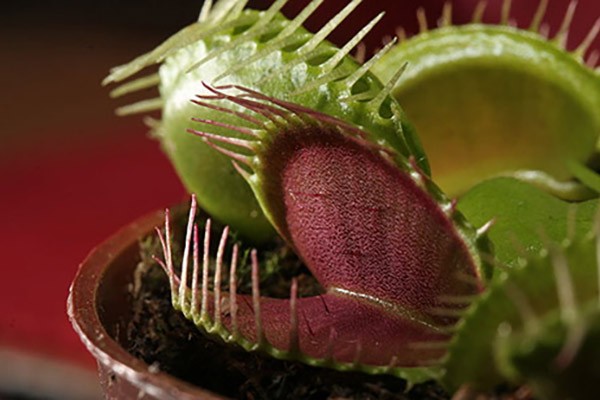Lung cancer study hints at new treatments
Studying the most common type of lung cancer, researchers from The Cancer Genome Atlas have uncovered new mutations in a cell-signaling pathway that plays a role in forming tumors. The new knowledge may expand treatments for patients because drugs targeting some of these genetic changes already are available or are in clinical trials.
Federal regulatory spending rises most at agencies funded by industry fees
While tight budgets are constraining regulatory spending at many federal agencies, those that garner funding from industry fees are using these revenue streams to fund substantial increases in regulatory programs and staffing, according to an annual
report that examines the U.S. budget. The report was released by the Weidenbaum Center on the Economy, Government and Public Policy at Washington University in St. Louis and the George Washington University Regulatory Studies Center.
Study looks at how Twitter can be used to address specific health issues
A new study, led by Jenine K. Harris, PhD, assistant professor at the Brown School, examined the use of the hashtag #childhoodobesity in tweets to track Twitter conversations about the issue of overweight kids.
Unanue receives lifetime achievement award
Emil Unanue, MD, the Paul and Ellen Lacy Professor of Pathology and Immunology, has received the Lifetime Achievement Award from the American Association of Immunologists. The award is the organization’s highest honor.
Discovery of Neandertal trait in ancient skull raises new questions about human evolution
Re-examination of a circa 100,000-year-old archaic early human skull found 35 years ago in northern China has revealed the surprising presence of an inner-ear formation long thought to occur only in Neandertals.
Jay Hutson & da Wolvez July 10
Renowned saxophonist Jay Hutson has performed with everyone from Frankie Valli and Aretha Franklin to the Pointer Sisters and Sean “Puff Daddy” Combs. On Thursday, July 10, Hutson and his band da Wolvez will launch WUSTL’s Jazz in July series. Subsequent concerts will feature San Francisco trumpeter Erik Jekabson (pictured) and the university’s own Kara Baldus, among others.
Schlaggar receives Sparkplug award
Bradley L. Schlaggar, MD, PhD, head of the Division of Pediatric and Developmental Neurology at the School of Medicine, has been awarded the Frank Hatch “Sparkplug” Award for Enlightened Public Service by The John Merck Fund.
Doctoral students to study biology, mechanics connection under NIH grant
The Venus Flytrap, with its two leaf jaws that sense when an insect approaches and quickly snap shut, is one of nature’s clearest examples of biology and mechanics working together to sustain life. Four doctoral students at Washington University in St. Louis will have the opportunity to take a closer look at this intersection under a five-year, $921,040 grant.
Do probiotics help kids with stomach bugs?
Researchers at the School of Medicine are leading a nationwide clinical trial to determine whether one of the most commonly used probiotics can safely and effectively treat infants and toddlers suffering from acute gastroenteritis, otherwise known as stomach virus or “stomach flu.” David Schnadower, MD, is the trial’s principal investigator.
Linehan named Neidorff and Packman Professor
David C. Linehan, MD, has been named the inaugural Neidorff Family and Robert C. Packman Professor at the School of Medicine. Linehan is a professor of surgery and chief of the Section of Hepatobiliary, Pancreatic and Gastrointestinal Surgery.
View More Stories

